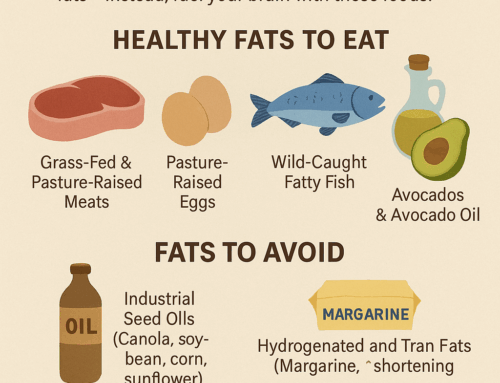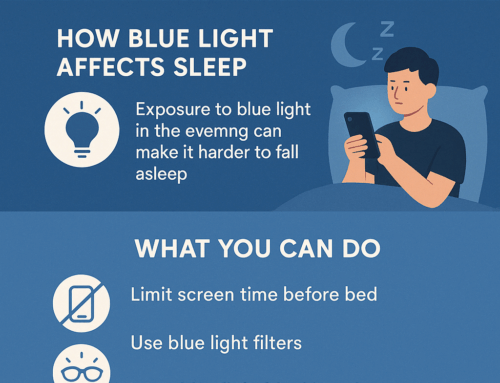Sugar has become ubiquitous in our diets, lurking in everything from sugary drinks to processed snacks. While it’s widely known that excessive sugar consumption can lead to physical health problems like obesity and diabetes, its impact on mental health is often overlooked. In this blog post, we’ll explore the dangerous impact of sugar on mental health.
Consuming foods high in sugar causes rapid spikes in blood sugar levels, followed by sharp crashes. These fluctuations can lead to mood swings, irritability, and feelings of fatigue. The brain relies on a steady supply of glucose for optimal function, and disruptions in blood sugar levels can impair cognitive function and exacerbate symptoms of anxiety and depression.
High sugar intake has been linked to increased inflammation in the body, including the brain. Chronic inflammation in the brain is associated with a range of mental health disorders, including depression, anxiety, and cognitive decline. Inflammation can disrupt neurotransmitter function and impair communication between brain cells, leading to mood disturbances and cognitive deficits.
Sugar consumption can dysregulate neurotransmitter levels in the brain, particularly dopamine and serotonin. Dopamine is a neurotransmitter associated with pleasure and reward, and excessive sugar intake can lead to desensitization of dopamine receptors, contributing to cravings and addictive behaviors. Serotonin, known as the “feel-good” neurotransmitter, is also affected by sugar consumption, with disruptions in serotonin levels linked to mood disorders like depression and anxiety.
The gut-brain connection plays a crucial role in mental health, with the gut microbiome influencing brain function and mood regulation. Excessive sugar consumption can disrupt the balance of gut bacteria, leading to dysbiosis and inflammation in the gut. This disruption in gut health can contribute to symptoms of anxiety and depression, as well as cognitive impairments.
Sugar has addictive properties that can lead to cravings, compulsive consumption, and withdrawal symptoms. Consuming sugar activates reward pathways in the brain, similar to addictive substances like drugs and alcohol. Over time, repeated exposure to high levels of sugar can lead to tolerance and dependence, exacerbating mental health issues and contributing to a cycle of addiction.
There are several ways to avoid sugar in your diet. One of the most important ways is to read labels. Unfortunately, sugar can easily hide, especially in processed foods. Look for ingredients like:
- Corn syrup
- Dextrose
- Fructose
- Fruit juice concentrates
- Brown sugar
- Barley malt
- Corn syrup solids
- Sugar
- Cane Sugar
- Cane syrup
- Maltose
- Sucrose
- High fructose corn syrup
- Beet sugar
- Corn syrup solids
- Date sugar
- Dextrin
- Glucose
- Maltodextrin
- Mannose
- Evaporated cane juice
- Castor sugar
- Brown rice syrup
To view other effects of sugar on the body, read this article from The Epoch Times.
While sugar may provide temporary pleasure and gratification, its detrimental effects on mental health cannot be overstated. From blood sugar fluctuations and inflammation in the brain to dysregulation of neurotransmitters and disruption of gut health, excessive sugar consumption can wreak havoc on our mental well-being. By reducing our intake of sugary foods and prioritizing a balanced diet rich in whole foods, we can protect our mental health and cultivate a greater sense of well-being. Let’s strive to nourish our bodies and minds with wholesome nutrition, free from the harmful influence of excess sugar. For more information on foods that nourish your mental health, click here.







Leave A Comment